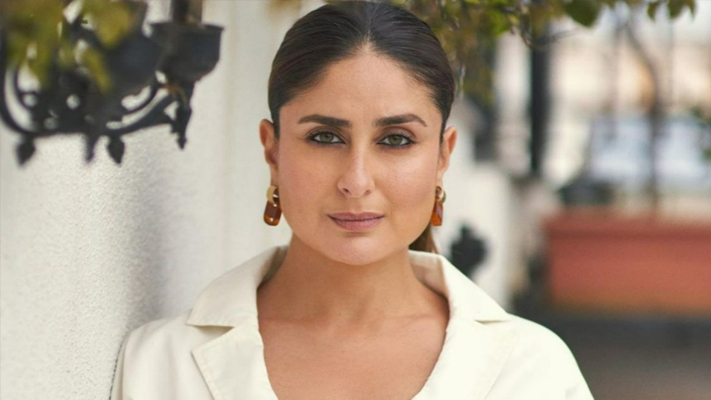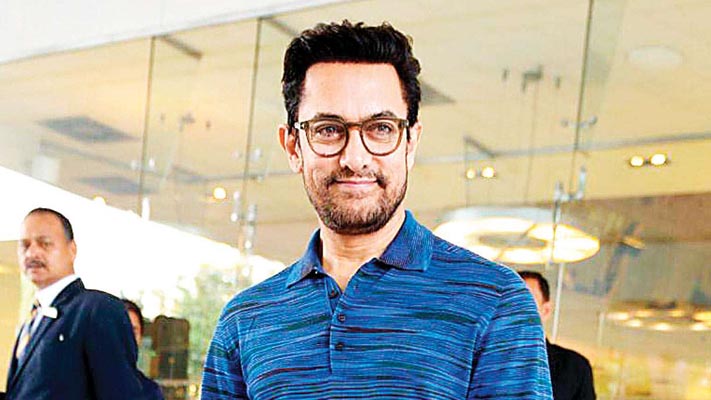COMMUNICATION, THE MOST IMPORTANT FACTOR TO IMPROVE YOUR MENTAL WELLNESS

Communication is a vital part of any relationship for obvious reasons. Communication can foster trust and understanding, it provides a chance to work things out, and it can bring about healing when times are tough or you’re in need. It also maintains perspective by providing an opportunity to hear the other person’s perspective on events as well as what he or she has been doing while you haven’t been around.
Unfortunately, many people don’t know how to communicate with one another—or they think they already know how but their actions demonstrate otherwise. But there are practical skills you can learn that will make your conversations more effective and productive.

WHAT IS COMMUNICATION?
When most people think of communication they picture talking. But talking is just one form of communication. Nonverbal cues are also part of communicating with one another; the human face can play a role by displaying emotion and the body can express itself by making gestures. Even eye contact is meaningful in terms of letting someone know you’re paying attention to what he or she has to say.
VERBAL COMMUNICATION
We’ll look first at verbal communication since that is what most of us think of when we think about the word “communication.” Verbal communication involves the use of verbal skills such as listening, talking and talking about talking. The word “communication” can be shortened to “com.” This word is commonly used in telecommunication and is often used to refer to a form of media that allows two or more people to communicate with each other over a distance.
But let’s take this back a step and talk about the skills involved in all forms of communication. For you to communicate effectively with anyone on any subject you need some basic skills in listening and understanding. Besides these, whatever you’re communicating about, you’ll need a set of skills that help you organize what you want to say. Then, when it’s your turn to speak and share something important, you need skills that allow you to listen to or understand what the other person is saying.
The skills that are described are too complex for anyone to acquire all at once; those are considered advanced communications skills. But before we go any further, let’s remember that communicating isn’t something we do just once in a while—it’s an ongoing process from childhood through adulthood and into old age. Communicating with others is part of life.

WHY COMMUNICATION IS IMPORTANT?
Good communication is important in your relationship because it’s how you and your partner share information, opinions, thoughts, and feelings. You communicate to share information, but you also communicate to learn about your partner. To build trust and deepen understanding of one another—and make sure you’re on the same wavelength when it comes to the topics that matter most—you need good communication skills.
You also maintain a sense of perspective by learning how to understand the other person’s point of view; this is vital because it helps reduce misunderstandings as well as arguments that can result from miscommunication.
CLOSER LOOK
Take a closer look at what happens when you communicate effectively with another person. The most basic thing is that you learn about him or her; this also means that you find out about yourself and your relationship. Sharing thoughts and feelings means allowing yourself to be vulnerable, which helps you connect with your partner in a heart-to-heart way. You’ll find it easier to do this if you can listen and understand what your partner is saying.

Communication isn’t just a one-way street; it involves two-way conversations that provide the space for both people to share thoughts, feelings, and opinions. As a result, you’ll build an understanding of what the other person is thinking and feeling at any given moment. This helps deepen your bond because you’ll know each other on a deeper level than before.
Communication also gives you a chance to explore your interests and desires by sharing thoughts and feelings. And as you share these things, both of you get insight into how she or he feels about life’s big questions—questions like purpose and meaning, spirituality, values, family goals, dreams, etc. Have proper communication and save your bonds!






























